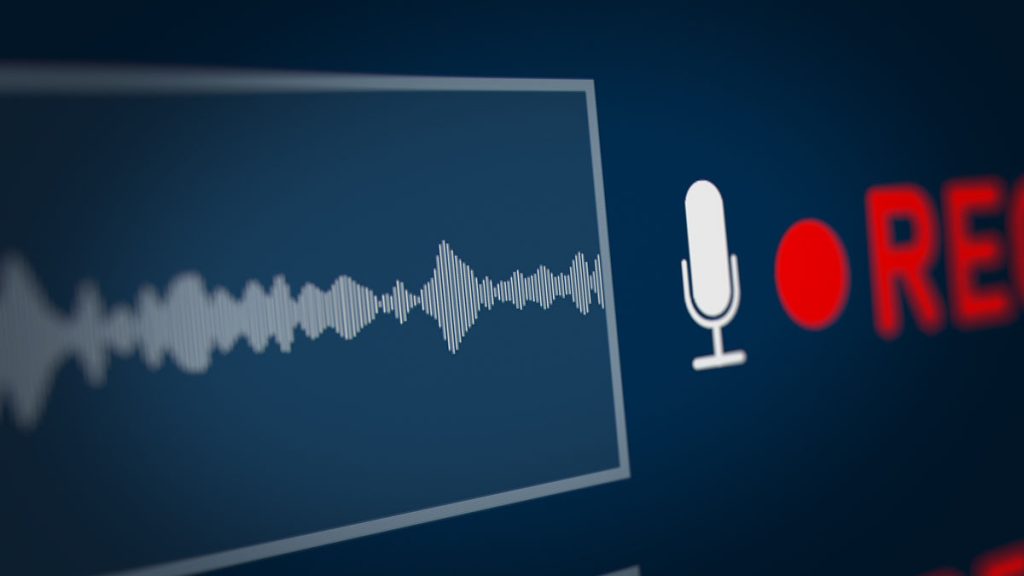

Delaware recording law stipulates that it is a two-party consent state. In Delaware it is a criminal offense to use any device to record communications, whether they are wire, oral or electronic, without the consent of all parties taking part in the communication.
This means that in Delaware you are not legally allowed to record a conversation you are taking part in unless all parties are in agreement. Del. Code Ann. tit. 11, § 1335(a)(4). Also, Delaware has a law that prohibits anyone from trespassing on private property to eavesdrop or carry out any other form of surveillance. Del. Code Ann. tit. 11, § 1335(a)(1). Our recommended Digital Voice Recorder.
You may not record private conversations without the consent of all parties involved. Del. Code Ann. tit. 11, § 1335(a)(4).
In Delaware, it is illegal to install any device for the purpose of recording, observing, photographing, amplifying, or broadcasting sounds or events that are happening in a private place or outside a private place without the consent of the person(s) entitled to privacy in that private place. For example, if you own a security camera, you are not allowed to point it at your neighbor’s backyard because that is a private place in which he or she is entitled to privacy. Del. Code Ann. tit. 11, § 1335(a)(2)(3). It is also against the law to film, photograph or in any way reproduce the image of another person’s intimate parts or images of a person who is getting dressed or undressed without the consent of the person concerned, while that person is in a place where there is a reasonable expectation of privacy such as dressing rooms, fitting rooms, locker rooms, bathrooms, etc. Del. Code Ann. tit. 11, § 1335(a)(6).

If you are a third-party and require consent from the parties taking part in the conversation, the Federal Communications Commission (FCC) states that you may gain consent to make a recording by:
Some common situations where it would be considered eavesdropping to use a recording device:

Del. Code Ann. tit. 11, § 1335(c): Trespassing on private property to eavesdrop and recording private conversations without the consent of all parties involved are considered as crimes of violation of privacy which is classed as a Class A misdemeanor. The punishments for this type of misdemeanor is a sentence of up to 1 year and a fine not exceeding $2300.
Del. Code Ann. tit. 11, § 1335(c): Persons who violate Delaware video recording laws by illegally installing video and audio recording devices in private places may be found guilty of violation of privacy which is classed as a Class A misdemeanor.
Del. Code Ann. tit. 11, § 1335(c): Reproducing the image of another person’s intimate parts or image of a person who is getting dressed or undressed while that person is in a place where there is a reasonable expectation of privacy is considered a Class G felony which carries a sentence of up to 2 years.
If someone is using a copyrighted work or recording of yours you may submit a DMCA takedown notice.
More Delaware Laws